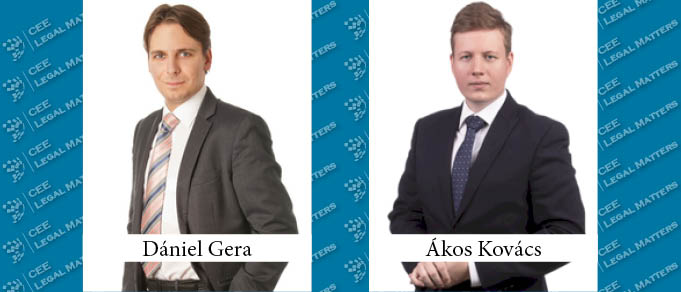On 1 March 2021 a new Act on Labour Inspection, Employment Services and Grants will enter into force in Hungary, which replaces the "old" Act on Labour Inspection from 1996. While the new Act contains similar rules, there are some novelties too. Below we summarise the most important ones.
Concept of the new regulation
The purpose of the act is to broaden the enforcement powers of supervisory authorities, whose name will also be changed to "employment supervisory authority". The name change suggests that they will have the power to examine any employment/labour-related legal relationship.
The main purpose of these authorities will be to enhance the transparency of the economy by combatting undeclared work and ensuring the enforcement of basic labour law rules (minimum requirements) in employment relationships.
Under the new act, authorities will primarily monitor employers' compliance with the minimum requirements. These are not defined by law, but presumably include mandatory documentation and legal statements, statutory working hours, rest periods, wages and the issuance of certificates, etc. The authorities will also have the power to monitor the use of employment-related subsidies and grants.
Employment supervisory authorities will have general power to perform labour inspections, and will retain their right to inspect without permission or initial notification. The detailed rules of their power are expected to be determined by further implementation decrees.
Most important novelties
Limitation period: With certain exceptions, the authorities may not sanction infringements committed more than a year before the supervision, i.e. the limitation period has been shortened from the previous three years. This has in fact been the authorities' practice for some time.
Obligation to fine: In some cases specified by government decrees the employment supervisory authority will be obliged to impose labour fines and will have no discretion to apply softer measures (i.e. warnings, orders for payment to employees, etc.).
Establish the existence and nature of the legal relationship: If the employer has not complied with the obligation to properly notify the employees or set out appropriate contractual documentation, the authority may establish the existence of the employment relationship based on the facts taking into account the general full-time working hours, from the 30th day from the beginning of the infringement.
Broadened powers to establish factual background: During the inspection the authority is entitled to:
- review and make a copy of the recordings made by the security system at the place of inspection and of the equipment for recording entry and exit to the place of employment;
- establish the identity of the persons involved in the inspection by means of a certificate, to use the tax identification number, and to request from such persons the information necessary for the inspection and to be heard as a witness;
- establish the identity of the employer by a presumption;
- monitor compliance with the commitments entered into in respect of any kind of employment aid.
Summary
Despite the innovations, the new act also leaves some question marks, as it is fairly generic and does not contain detailed rules in many aspects. It does not include reference to the inspection directive issued annually by the minister responsible for labour inspection, which was generally a good indicator of the focus points for investigations.
The absence of regulation on fines is also worthy of criticism. The mandatory cases where fines are imposed and the exact amount of the fine will now be regulated in a lower level regulation.
By Daniel Gera, Counsel, and Akos Kovacs, Associate, Schoenherr



